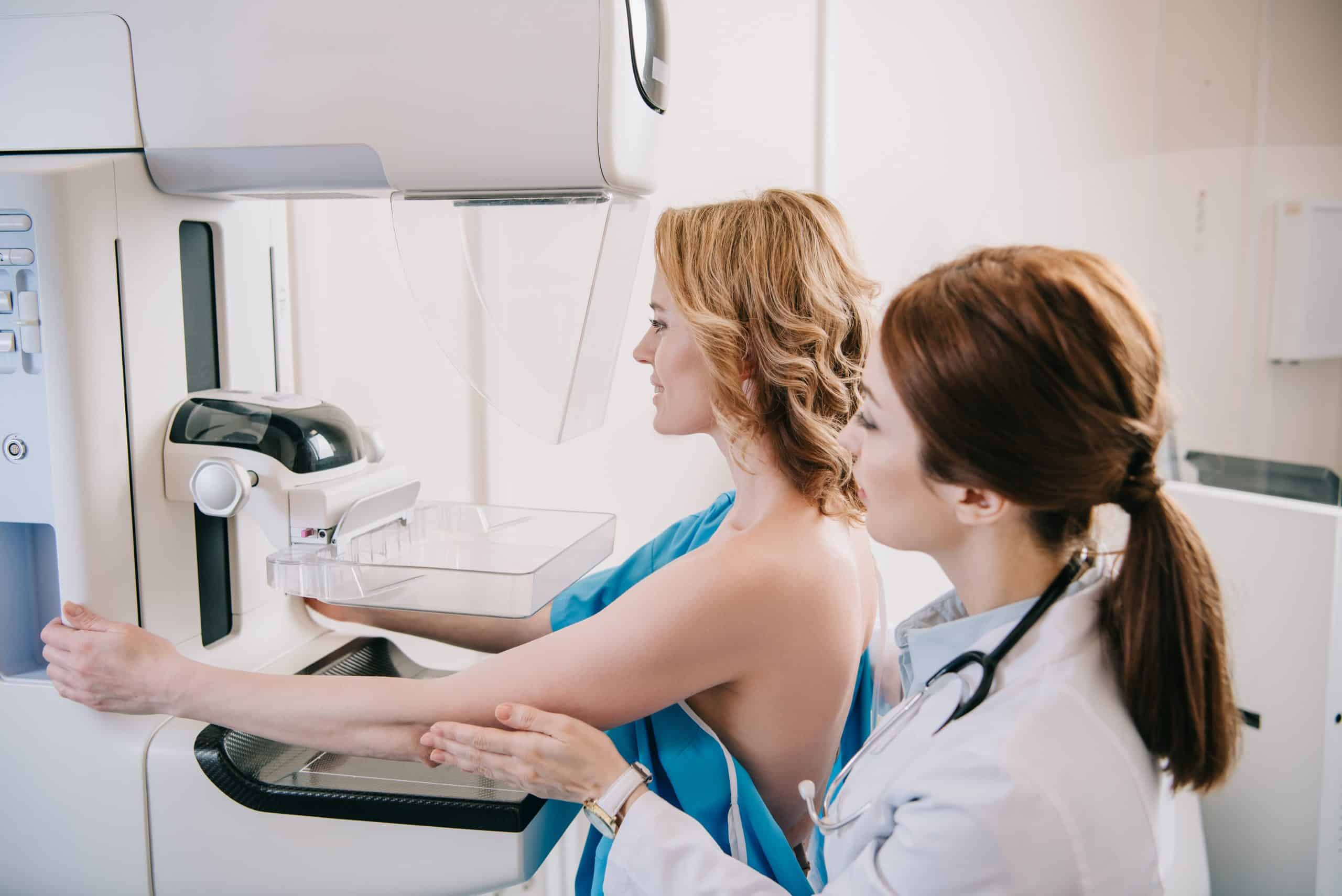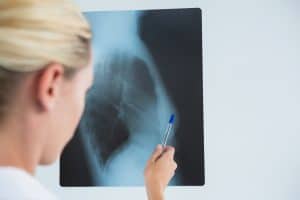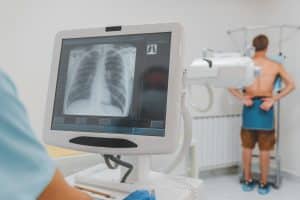Breast cancer is one of the most commonly diagnosed cancers among women, and early detection is crucial for better treatment outcomes and survival rates. With advancements in breast imaging, it is now easier to detect and diagnose breast cancer in its early stages. In this article, we will delve deep into the guidelines regarding breast cancer screening concerning age and frequency.
Age Recommendations for Breast Cancer Screening:
For women at average risk:
- 40-44 years: Women have the option to start screening with a digital mammogram annually.
- 45-54 years: Annual mammograms are recommended.
- 55 years and older: Mammograms can be done every two years, or annually based on personal choice.
Women with a higher risk, due to family history or genetic predispositions, might need to start screenings earlier and more frequently. It is vital to discuss your personal risk with a healthcare provider.
Breast Imaging Techniques:
- Digital Mammogram: A standard procedure wherein X-rays are used to visualize the breast tissue. It is effective in detecting tumors or abnormalities.
- Breast Tomosynthesis: Also known as 3D mammography, it captures multiple images of the breast from different angles, providing a clearer and more detailed view. Especially helpful for women with dense breasts.
- Breast Ultrasound: Utilizes sound waves to capture images, especially beneficial for women with dense breast tissue.
BI-RADS Classification:
BI-RADS (Breast Imaging-Reporting and Data System) classification is a standardized system used by radiologists to interpret and report mammogram findings. The categories range from 0 (incomplete) to 6 (known malignancy). This classification helps in determining the next steps, whether it’s routine follow-up, further imaging, or biopsy.
Radiation Exposure:
Modern breast imaging techniques, especially digital mammograms, utilize minimal radiation. The exposure is considered safe and significantly lower than other radiological procedures.
Understanding Dense Breasts:
Dense breasts have more glandular and fibrous tissue than fatty tissue. They can make tumor detection harder on mammograms. Women with dense breasts may benefit from additional screening methods like breast ultrasound or breast tomosynthesis.
Diagnostic Mammogram:
Different from routine screening, a diagnostic mammogram focuses on particular areas of concern detected in a screening mammogram or physical examination. They provide more detailed images of the targeted area.
Breast Biopsy:
If an abnormality is detected, a breast biopsy may be recommended. It involves taking a small tissue sample from the breast for further analysis to determine if cancer cells are present.
Breast cancer screening plays a vital role in early detection and subsequent treatment. Regular screenings, as per guidelines, combined with self-examinations, can significantly boost the chances of early detection. At Valence Medical Imaging, serving Toronto, Brampton, Whitby, and Niagara Falls, we are equipped with advanced breast imaging techniques and a team of dedicated professionals to guide you through the process. Prioritize your health and get screened today.





